Ssewamala, Nabunya, Iwelunmor awarded $3 million from the National Institutes of Health to address barriers to PrEP access and use among adolescents girls and yong women
Fred Ssewamala, the William E. Gordon Distinguished Professor at the Brown School and Director of the International Center for Child Health and Development (ICHAD), Proscovia Nabunya Assistant Professor at the Brown School and Co-Director of ICHAD, and Juliet Iwelunmor, Professor of Medicine and Associate Director for Global Health and Dissemination at WashU School of Medicine, have been awarded a $3 million research grant from the National Insitute of Mental Health (NIMH) to address economic and structural barriers associated with Oral pre-exposure prophylaxis (PrEP) access and use among adolescent girls and young women in Uganda.
Adolescent girls and young women (AGYW) between 15-24 years are twice as likely to be living with HIV than young men in Sub-Saharan Africa. HIV prevention strategies available to AGYW primarily depend on male partner cooperation, limiting the ability for these strategies to reduce HIV spread. PrEP is a highly effective biomedical HIV prevention method. Unlike other prevention strategies, PrEP holds tremendous promise as a female-controlled prevention approach, giving AGYW more self-efficacy and agency to minimize HIV risks. However, as effective as PrEP has been, it is underutilized. Lack of social support, disclosure concerns, stigma and discrimination, and financial costs are still major barriers.
The new 5-year R01-study, Suubi4PrEP (effective January 1st 2025 through December 2029), is a multilevel combination intervention focused on PrEP access, initiation and adherence among AGYW (aged 15-24) living within HIV hotpots in Uganda.The study will combine HIV risk reduction (HIVRR) that incorporates sessions on PrEP; Peer supporters with lived experiences taking PrEP to facilitate linkage to care, share strategies to address misconceptions, manage disclosure and stigma, and model positive lifestyles while engaging in care; and an economic empowerment component targeting poverty and financial barriers to PrEP access.
“Suubi4PrEP builds upon ICHAD’s recently completed 5-year R01 Kyaterekera Project that targeted economically vulnerable women engaged in commercial sex work. In that project, 45% of women who had not initiated PrEP declined to initiate due to fear of stigma, adherence concerns and financial barriers. Thus, this new study provides a timely opportunity to investigate whether combining traditional HIVRR efforts with PrEP peer supporters, and economic empowerment components would improve PrEP initiation, uptake and adherence among AGYW – critical factors to ending the HIV epidemic.” Ssewamala said.
Nabunya noted that: “PrEP stigma is inextricably linked to HIV stigma because it is specifically designed to prevent HIV infection. Potential and current PrEP users report concerns of being misidentified as HIV positive if they are seen taking PrEP. Among individuals already on PrEP, stigma is a major barrier to PrEP adherence and continuation, as individuals fear to be seen taking pills by friends and family members. We now have the opportunity to intervene with an evidence-based PrEP Peer support intervention, with a protective effect, buffering the effects of stigma and positively influencing behavior.”
The study will gather information related to implementation in an effort to develop implementation strategies that support sustainment and scale-up on these interventions. This component will be led by Dr. Iwelunmor. Overall, study findings may inform multi-level response efforts desperately needed to reduce new HIV infections among AGYW in a way that single interventions alone have not been able to.
The study team includes Ozge Sensoy Bahar, Derek Brown and Anita Kabarambi from the Brown School, Susan Witte at Columbia University, Torsten Neilands at the University of California, San Francisco, and in-country research and implementing partners, Noeline Nakasujja (Makerere University), and Abel Mwebembezi (Reach the Youth Uganda).
Learn more about the Suubi4PrEP study from the ICHAD website.

